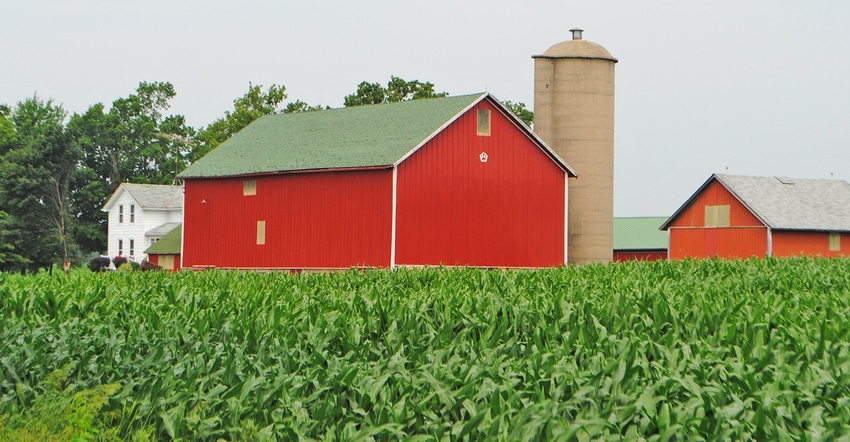May 2, 2017

My wife and I are 67 and 68 years old. We were planning to sell our 200-acre, 70-cow dairy farm to a young couple this spring, but they got cold feet and changed their minds. We are weighing our options and wondering if we should sell the cows and machinery and rent the land to a neighbor or continue to try and find a buyer for our farm. None of our kids want to farm, and all have good jobs in town. We have had the farm for sale for more than a year now. We are both in good health. Our other option would be to try and sell the land and keep the house and buildings, and continue to live on the farm. We don’t have any debt. What are your thoughts?
Hodorff: My first suggestion would be to find yourself a tax consultant who can advise you on all of your choices. You have built up your estate, and your goal should be how to retain as much as possible. Your financial and tax adviser can help you work though all of your retirement options and advise you when and how to withdraw from your retirement funds. You already know your Social Security amounts, so that’s a starting point. You are faced with some hard decisions that will affect you for the rest of your life. Seek good advice!
Miller: Set up a meeting with your tax adviser and then a financial planning adviser. Selling your livestock, feed, machinery and equipment will likely trigger ordinary income or capital gains taxes that you will need to withhold and pay. Your tax adviser can assist you in estimating the taxes and whether you should sell all these assets in one year or spread it over two. Secondly, meeting with your financial adviser can assist in calculating your remaining financial position — including income from rent, investments and Social Security — and comparing it with your living expenses. This can give you peace of mind and determine whether you need to sell the real estate or continue to rent it. Fortunately, you have no debt, which gives you options to allow for a transition to retirement. Good luck with your transition.
Wantoch: Last year I worked with a farmer that had a similar idea. He wanted to find someone that would be interested in first becoming a herdsman, and then later purchasing his dairy cows and farm. After several phone calls and emails, the list of names that might be interested in this opportunity was very short. Why, you ask. There does not seem to be much interest in starting a dairy farm. Most of the interest from the younger generation is in working with family on their existing operation. A University of Wisconsin-Madison study found that most beginning farmers can benefit and be successful if there is some form of family support, such as equipment sharing, labor, help with maintenance and repairs, and advice. I would encourage you to continue looking for that next generation by mentioning this opportunity to neighbors, suppliers and local technical and high school agriculture teachers. There still might be someone who would love to work with you and continue your business into the future. In the meantime, you might want to start discussing your options with your tax preparer/accountant on the next steps for your farm.
Agrivision panel: Doug Hodorff, Fond du Lac County dairy farmer; Sam Miller, managing director, group head agricultural banking BMO Harris Bank; and Katie Wantoch, Dunn County Extension agricultural agent specializing in economic development. If you have questions that you would like the panel to answer, send them to: Wisconsin Agriculturist, P.O. Box 236, Brandon, WI 53919 or email them to [email protected].
You May Also Like




